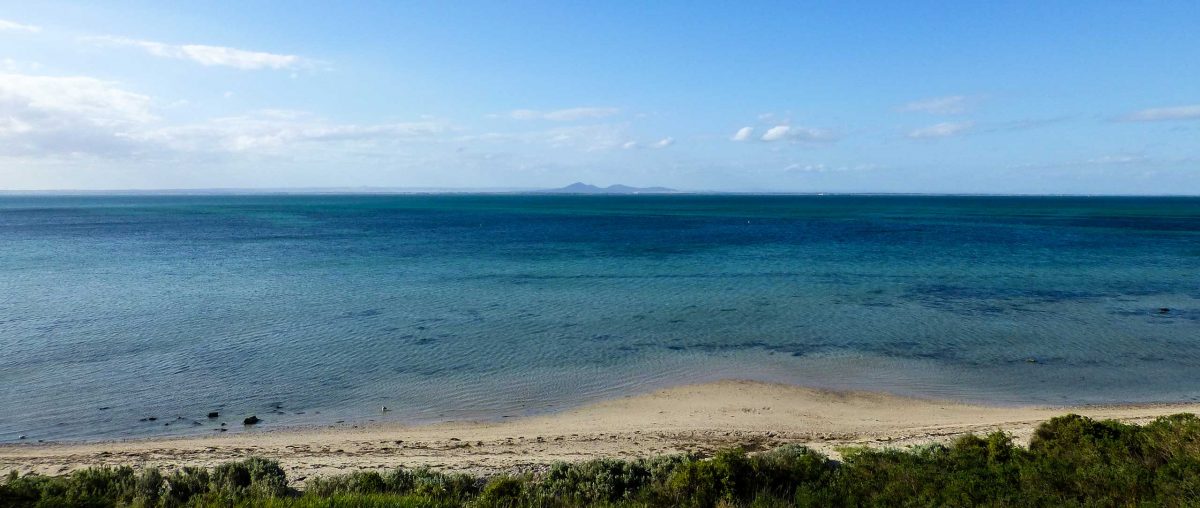‘Poetry can create touchstones of clarity, illumination and courage that ripple out into our lives. It can have a transformative power, able to heal, inspire and enchant.
One can think of poems as trace elements of a life – the elusive record of a person being present to and witnessing to the world by recording their physical and sensuous, as well as spiritual, engagement with it.
So, for each poet, there is a story of self and of a unique journey being told, implicitly or directly. Yet poetry often goes beyond the personal, offering intimations of the wholeness of life, and of the way each person’s story is profoundly interconnected with other lives and selves, and with the lives of creatures and the natural world.
My own journey as a poet began as a search for healing, and has taken me deep into the realms of myth and fairy tales, then towards a celebration of the natural world, so delivering me to a place of gratitude and reconciliation.’
Diane Fahey
The You Yangs
On clear days, indisputably there:
within the rain shadow of higher mountains
that family of granite mounds –
a place gripped by the fertility of dryness,
where trees grow sideways from split rocks.
In winter, cloud-pools on boulders;
year-long, the deepened hollows conserve,
each cool gleam reflecting the life of shadows.
Today the mountains are a shaped absence
beyond the bay, a wall of haze sealed by
wave-spill curves. Always, an image of the bedrock;
a locus of vision, indigo on umber.
I climb towards dark light; kneeling
I cup my hands, drink from unseen wells.
In the You Yangs, the Yawangi Balug, a family group within the Wauthaurong Aboriginal clan, enlarged hollows in and between rocks – first using fire to create cracks, then working the stone – to form wells for the dry seasons.
Diane Fahey
